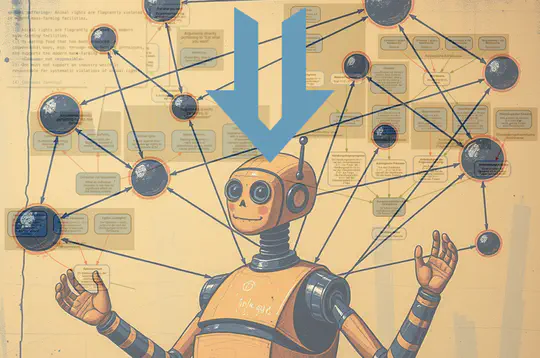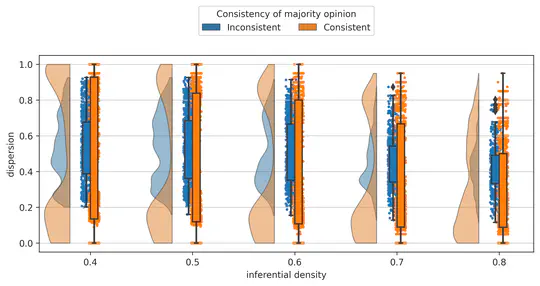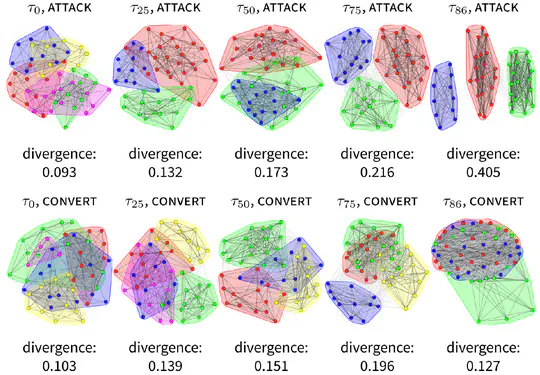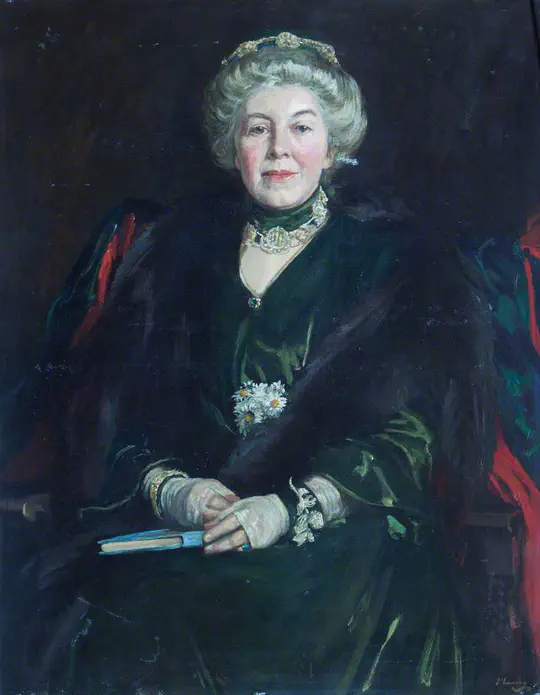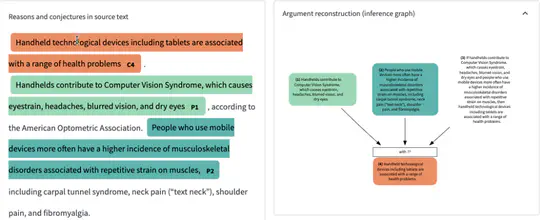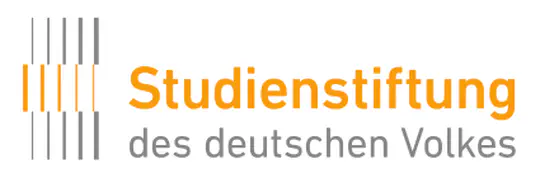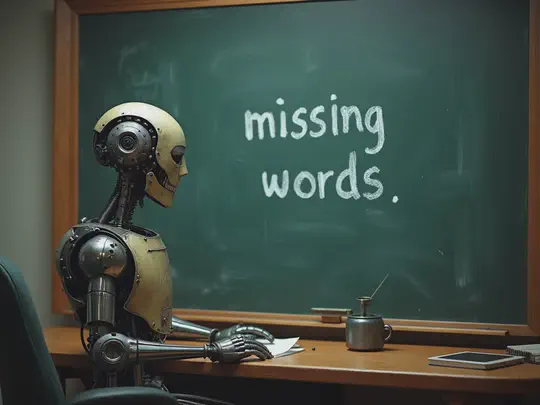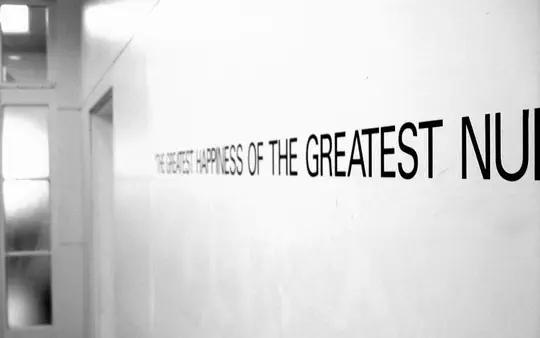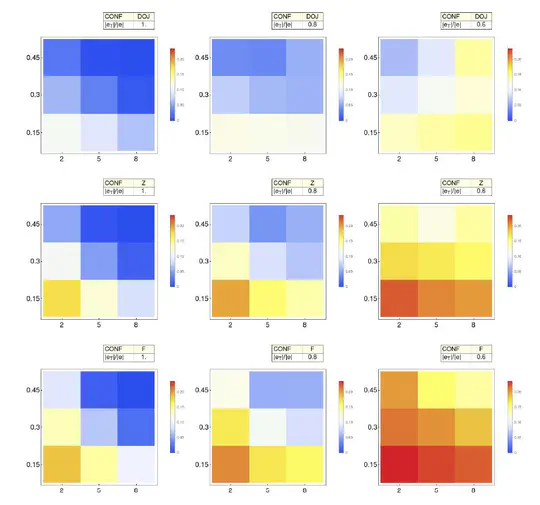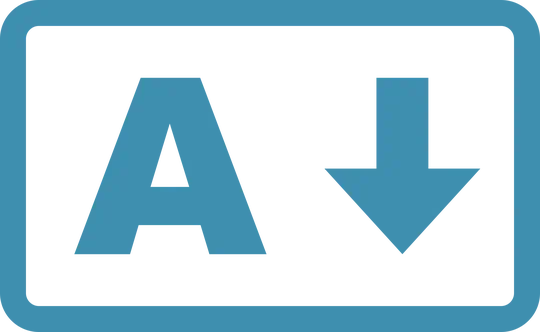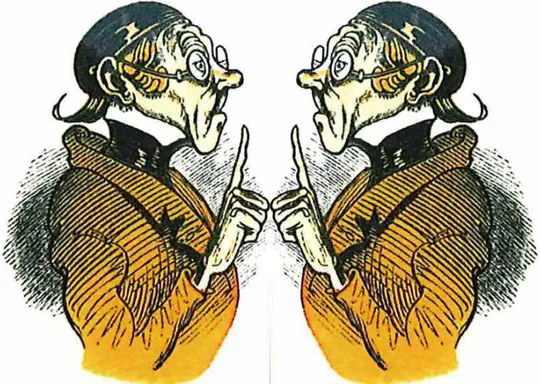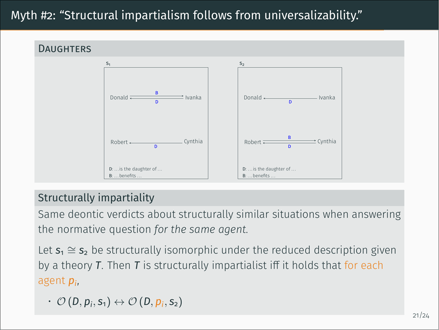Research projects
*
The aim of the open-science Argunauts project is to teach LLMs logical argument analysis and argument mapping with Argdown.
When citizens and their governments rely on expert panels for policy advice, should they favour a diversified group composition? Should they avoid polarised expert panels?
Polarisation is one of the most interesting aspects of deliberating agents. A population that polarises it not just in disagreement, but splits into internally cohesive but externally divergent groups. Contributors to polarisation, how it could be mitigated, and how it is to be measured are presently studied in many disciplines, including sociology and philosophy. This project is a contribution to that endeavour with the tools of computational argumentation theory. The results suggest that argumentation can drive polarisation dynamics on its own, which is a further reason to think that polarisation of beliefs can unfold even if all agents behave epistemically rational.
KIdeKu examines the opportunities offered by these technologies to strengthen our deliberative culture, and in particular to increase participation in civil society and political debates.
The DFG-funded scientific network “Methods of Practical Ethics” will investigate moral philosophical methods in applied ethical contexts (such as AI, data protection, climate change, etc.) and reflect on the role of ethicists in the corresponding public discourses.
This project examines the role of female philosophers in the founding phase of professional, academic analytic philosophy, starting with Emily Elizabeth Constance Jones.
What attitude should we have towards the future of humanity? (When) Is the future forgotten in public discourse?
AI-Powered E-Learning App for Argument Analysis.
The research project explores ethical questions surrounding state mass surveillance in liberal societies ─ with regard to (a) the individual being monitored, (b) the democratic society in which surveillance is carried out, and (c) the technology companies that are involved in surveillance operations.
This PhD project (funded by the Studienstiftung) systematically investigating the usability demand on moral theories.
This PhD project (funded by the Studienstiftung) systematically investigating the usability demand on moral theories.
A DFG-funded scientific network on argumentation didactics at the interface between subject didactics and subject science.
The aim of the project is to answer the question of what exactly hate speech actually is - or what we should understand by the term hate speech.
The success of LLMs is fascinating, puzzling and, of course, worrying. It requires our attention and philosophical reflection.
The project examines how and why the character of the utilitarian project has changed from Bentham and the Philosophic Radicals to John Stuart Mill and Sidgwick.
In collaboration with Tyler Paytas (Australian Catholic University, ACU), this DAAD-funded project aims to initiate the first extensive philosophical treatment of the history of ethical impartialism.
This doctoral project (funded by the Studienstiftung) examines the idea of moral progress in the utilitarian tradition by analyzing the conceptions of J.S. Mill, H. Sidgwick, P. Singer and D. Parfit).
How Far Does Reflective Equilibrium Take Us? Investigating the power of a philosophical method. A SNF-DFG-funded research project with Claus Beisbart and Georg Brun (Uni Bern).
How can scientists reason with false evidence and rely on hypotheses?
Argdown is a simple syntax for complex argumentation, originally developed by Cristian Voigt at KIT’s DebateLab.
When and how should we talk about morality, criticize others morally, make morality an issue? And what does this do to the norms of public deliberation?
Within the framework of a formal model of practical deliberation, the project examines how different types of impartiality can be distinguished and what role they play in moral theorizing.
Combining normative reflection with computational methods and empirical research, DebateLab brings together scholars who
- study normative models of reasoning and argumentation;
- carry out logical analyses of policy debates and scientific controversies;
- develop methods and tools to improve the argumentative quality of public reasoning.
